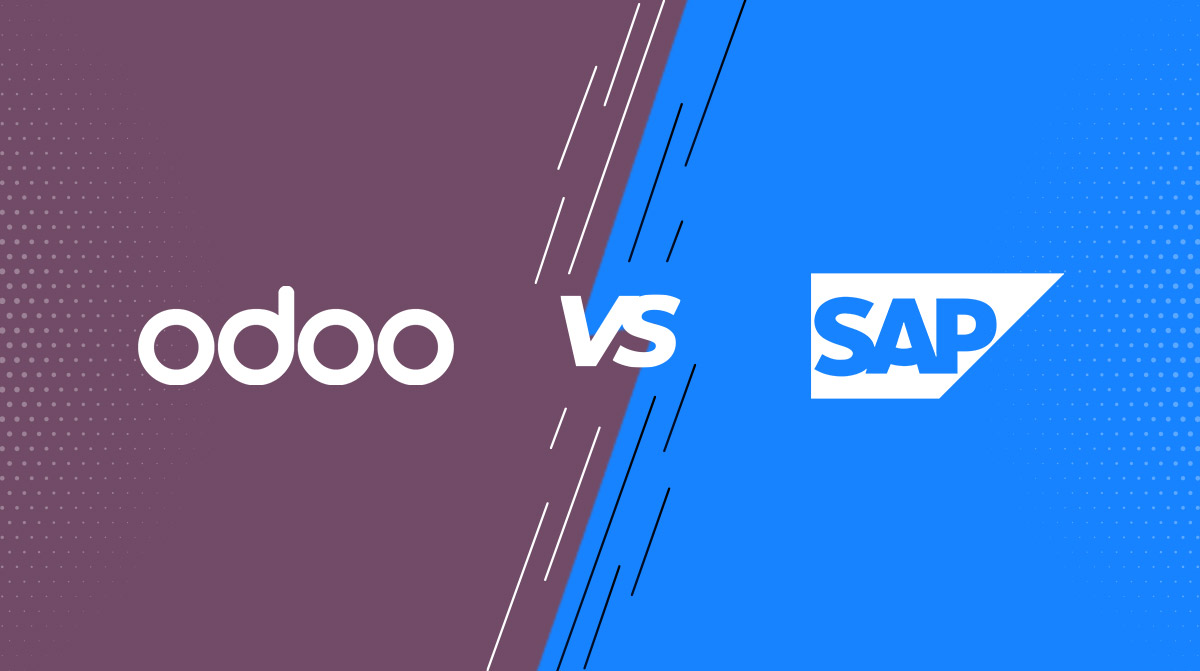SAP vs Odoo vs Oracle: Best ERP Systems for Egyptian Businesses in 2025
SAP vs Odoo vs Oracle: Which ERP Is Right for Egyptian Companies?
As Egypt's economy accelerates toward full digitalization, more companies—from startups to major enterprises—are investing in ERP systems to streamline their operations. But with so many options, how do you choose the right one?
Let’s break down the three top contenders: SAP, Odoo, and Oracle, and see which ERP platform suits your business size, needs, and future goals in the Egyptian market.
SAP in Egypt: Built for Complexity and Scale
SAP has long been associated with high-end ERP systems designed for large enterprises and government entities. In Egypt, it's used by leading players in the energy, healthcare, manufacturing, and telecom sectors.
Why Egyptian companies choose SAP:
-
Deep modules for finance, logistics, HR, procurement, and industry-specific functions.
-
Scalable to thousands of users across multiple locations.
-
Backed by a robust ecosystem of local implementation partners.
What to watch out for:
-
High total cost of ownership (TCO).
-
Implementation can take several months, even over a year.
-
Requires a strong internal IT team or outsourced SAP consultants.
SAP is best for:
Large corporations in Egypt with complex operations, multi-departmental structures, and compliance-heavy processes.
Odoo in Egypt: Flexible, Affordable, and Growing Fast
Odoo has quickly become a favorite among Egyptian small and medium businesses (SMEs). Its modular approach lets you start small (e.g., just CRM or invoicing) and scale as you grow.
Why Odoo is trending in Egypt:
-
Significantly lower cost than SAP or Oracle.
-
Flexible: choose only the modules you need—Sales, Inventory, HR, Finance, etc.
-
Quick to implement and easy to customize.
-
Local Egyptian partners offer tailored support and Arabic localization.
Challenges to consider:
-
May not handle complex operations or large-scale reporting well.
-
Advanced users may need to invest in performance optimization.
-
Open-source model needs careful version management.
Odoo is best for:
Egyptian startups, retailers, service providers, and growing SMEs looking for a cost-effective, customizable ERP.
Oracle ERP in Egypt: Enterprise-Grade Cloud Power
Oracle ERP Cloud brings a high level of automation, control, and compliance features for large enterprises and companies with international operations.
Why Egyptian companies choose Oracle:
-
Best-in-class financial and procurement modules.
-
Strong security and governance for enterprise risk management.
-
Fully cloud-native with real-time data analytics.
Challenges with Oracle:
-
Higher licensing and implementation fees than Odoo.
-
Less flexible for smaller operations or quick changes.
-
Requires skilled implementation teams and user training.
Oracle is best for:
Multinational companies, banks, and manufacturers in Egypt seeking a global-standard ERP solution with advanced compliance.
???? So, Which ERP Is Right for Your Egyptian Company?
-
Choose SAP if your company has complex workflows, many departments, and a big IT budget. Think large factories, telecom operators, and government-backed initiatives.
-
Go with Odoo if you’re an SME, startup, or e-commerce business needing agility, fast ROI, and customization without burning your budget.
-
Pick Oracle if you need a robust cloud ERP with enterprise-grade capabilities, especially if you're handling multinational operations or operating in highly regulated industries.
Final Thought
The right ERP can revolutionize your business—but only if it fits your scale, industry, and future goals. As Egypt embraces digital transformation, now is the time to invest in a system that grows with you.
Not sure where to start? Talk to local ERP consultants in Egypt who can guide you through real-case implementations and costs. And always request demos before making the final decision.
